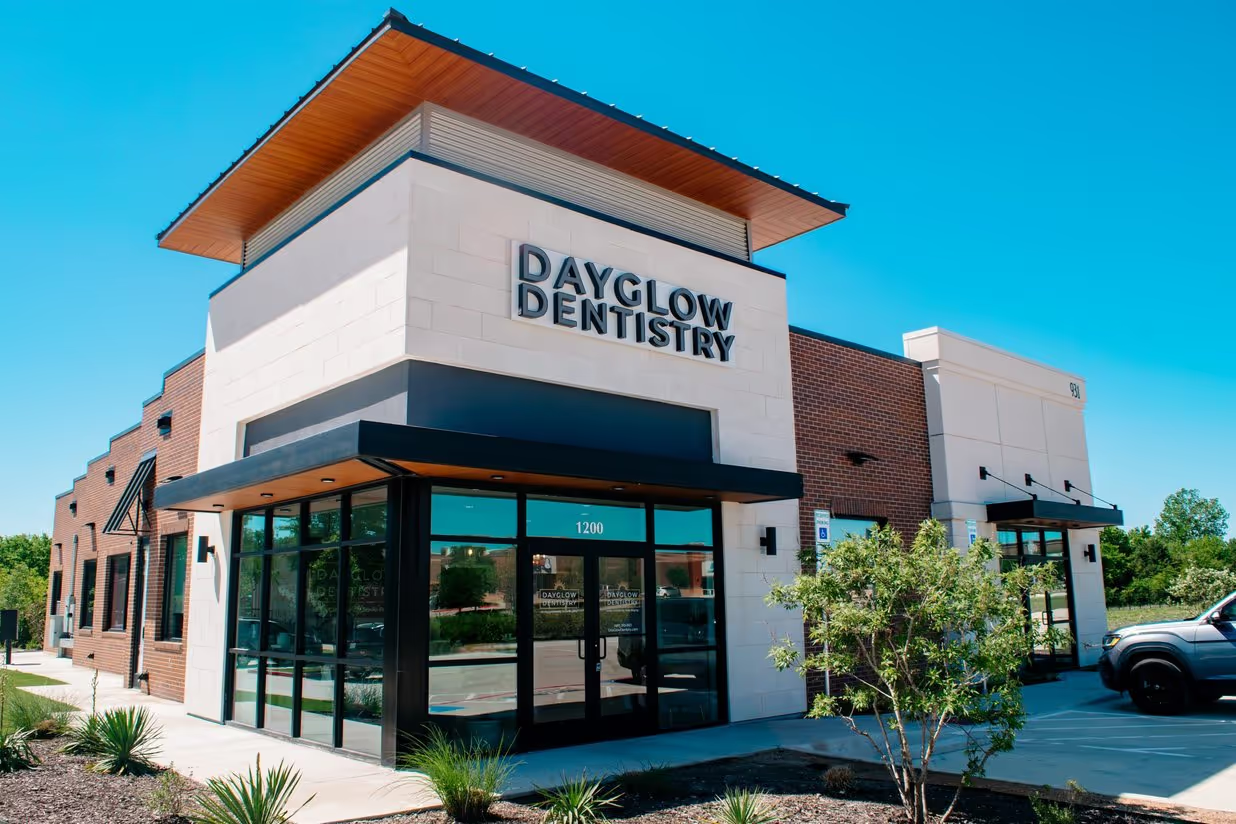Dentist in Allen, TX
Dayglow Dentistry
Compassionate care and advanced technology for families near you.
Dental Emergency? We offer same-day appointments for immediate care, call now.


.avif)
Discover a Dental Home That Feels Different
At Dayglow Dentistry of Allen, we do more than provide treatments — we create an experience that’s comfortable, personalized, and built around you. From preventive care to advanced cosmetic and restorative options, Dr. Jayun Kim and her team are here to help your family smile with confidence.
Special Offers to Help You Get Started
Request an Appointment today and take the first step toward your best smile.
Meet Dr. Kim —
Your Allen Family Dentist
Dr. Jayun Kim believes dentistry should feel personal. She takes the time to listen, explain, and connect with patients, offering care that’s both gentle and precise. With advanced training and a compassionate approach, Dr. Kim has earned the trust of families throughout Allen, McKinney, Fairview, Lucas, and Parker.

What Our Allen, TX Patients Are Saying
Technology That Makes Dentistry Better
Modern tools for more comfortable, accurate care.
%20(1).avif)
.avif)
.avif)
Advanced Technology for Better Smiles
%20(1).avif)
Your Neighborhood Dentist in Allen, TX
Conveniently located on Ridgeview Dr., our office proudly serves patients from Allen, McKinney, Fairview, Lucas, and Parker. If you’ve been searching for a “dentist near me” in Allen, TX, look no further — Dayglow Dentistry provides modern, compassionate care right in your neighborhood.
Ready to Schedule Your Visit?
Your healthiest, most confident smile starts here. Whether you’re due for a checkup, considering cosmetic improvements, or need urgent care, we’re here to help.
Call us today at (469) 393-5901 or use the form to request your appointment online.




.avif)
.avif)
.avif)
%20(1).avif)
%20(1).avif)